Increasing number of EU warnings
According to data from the European Union (EU) and the General Department of Customs, after 4 years of implementing the Vietnam - EU Free Trade Agreement (EVFTA), Vietnam's export turnover to the EU has increased by nearly 50%. This has helped Vietnam become the EU's largest trading partner among ASEAN countries, surpassing countries such as Thailand and Malaysia, or even the remaining country in the region that has also signed a free trade agreement, Singapore.
Mr. Ngo Xuan Nam - Deputy Director of the Vietnam SPS Office, Ministry of Agriculture and Rural Development - assessed that EVFTA removes tax barriers, creating favorable conditions for Vietnamese agricultural product exporting enterprises; at the same time, promoting enterprises to invest in the production and processing of agricultural products and food.
However, the EU is still a very demanding market, frequently changing regulations on animal and plant quarantine to protect human health and prevent the spread of animal and plant diseases. This is a challenge that producers and exporters must overcome to maintain and develop the market.
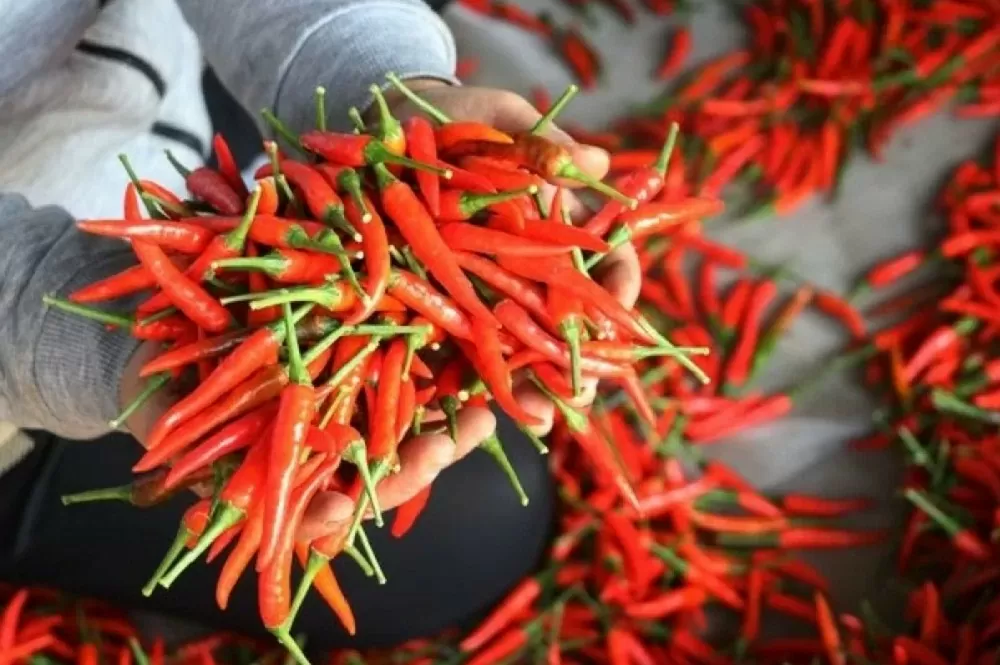 |
| Chili is one of four Vietnamese export products subject to EU border checks. Photo: Le Duc |
The EU market has 3 food safety and animal and plant disease safety (SPS) regulations for imported agricultural and aquatic products. According to statistics from the Vietnam SPS Office, in the first 6 months of 2024 alone, WTO member countries sent 551 notifications and draft SPS measures to Vietnam; of which, there were 115 notifications on changes to maximum residue levels of pesticides or antibiotics; followed by animal health, plant health, animal feed, etc.
It is worth noting that in the first 6 months of 2024 alone, the number of food safety and animal and plant disease safety warnings for agricultural products from the EU increased abnormally, up nearly 20%, the highest among Vietnam's agricultural trade partners.
Specifically, Vietnam received 57 warnings in the first half of the year, compared to 31 in the same period in 2023, an increase of more than 80%. Of these, Ho Chi Minh City had the most, with 23 warnings.
The EU’s increased number of warnings has led to an increase in the frequency of border checks on agricultural products. Currently, Vietnam still has four products subject to the checks, with the frequency of dragon fruit (30%), chili (50%), okra (50%), and durian (10%).
"The EU does not regulate the volume of goods, so sometimes only a few dozen kilos of chili peppers exported are inspected and warned of violations. For goods with high level warnings, if there are no timely solutions to correct and improve, the EU may not allow them to be imported," Mr. Ngo Xuan Nam warned, saying that the unusual increase in the number of SPS warnings has both subjective and objective causes.
On the subjective side, exporting enterprises have not really complied with the regulations of importers because the MRL (maximum residue limit) for each active ingredient in each country is different. This requires in-depth research and understanding of science and technology.
In addition, according to previous habits, producers in some places do not have measures and plans to use pesticides, antibiotics, and fertilizers according to instructions. The responsibility for inspection and supervision is also a reason for the increase in the number of warnings.
The leader of the Vietnam SPS Office said that the monitoring rate of codes for growing areas and packaging facilities is not up to standard. For example, durian is only monitored in 52% of growing areas and 47% of packaging facilities. Vietnamese law also does not have strong enough regulations and sanctions to handle violations of food safety.
Businesses that comply well will always be welcomed by the market.
Ms. Hoang Thi Lien - President of the Vietnam Pepper and Spice Association - said that the pepper industry in particular and spices in general still have some limitations in controlling SPS issues, stemming from small-scale production, farmers and businesses not fully understanding the standards of the import market. Most notably are the warnings from the EU market related to 3 indicators on pesticide residues, microorganisms, and heavy metals.
"Therefore, export enterprises need to regularly monitor and update information about SPS on the official information pages of the SPS Office, and refer to similar cases to avoid violations," Ms. Lien recommended.
On the part of state management agencies, there needs to be more synchronous coordination between focal units (SPS Office, Plant Protection Department, Department of Quality, Processing and Market Development) enterprises and associations to effectively handle issues such as warning shipments and difficulties in enforcement related to SPS.
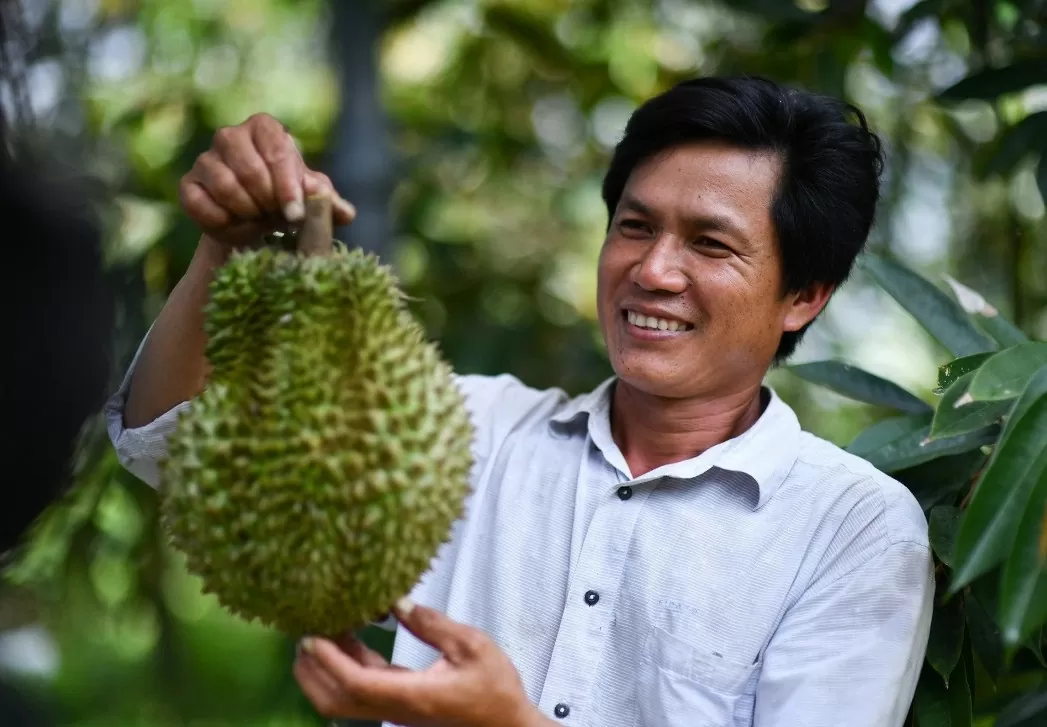 |
| Vietnamese agricultural products benefit greatly after implementing the EVFTA. Photo: Phuong Anh |
Sharing his experience in meeting the SPS standards of the EU market, Mr. Vo Van Hoai - Senior Specialist of the Quality Assurance Department of Acecook Vietnam Company - said that the company continuously updates new legal documents on the EU Official Law Search Portal (Europa); studies the import product control program, grasps the indicators in the customs inspection plan, and issues that the EU is particularly interested in.
In addition, the quality assurance department regularly reviews products, considers the conformity of raw material and finished product standards with new market regulations, and re-establishes the quality control plan for raw materials, production processes, and finished products. The company also regularly consults with national regulatory agencies or legal consultants on complex and unclear legal issues.
In order to help businesses better take advantage of incentives from EVFTA as well as other FTAs, Mr. Ngo Chung Khanh - Deputy Director of the Multilateral Trade Policy Department - said that the Ministry of Industry and Trade determined to continue to grasp difficulties and problems in production and export through close ties with industry associations to promptly resolve them; closely follow the actual situation, promptly direct and flexibly manage export activities.
Along with that, the Ministry also presides over and coordinates to negotiate the opening of export markets, especially for fruits and agricultural products; focuses on effectively implementing export promotion activities; promptly informs businesses and associations about new market needs and regulations, etc.
Source: https://congthuong.vn/tuan-thu-cac-quy-dinh-sps-trong-hiep-dinh-evfta-347401.html



![[UPDATE] April 30th parade rehearsal on Le Duan street in front of Independence Palace](https://vstatic.vietnam.vn/vietnam/resource/IMAGE/2025/4/18/8f2604c6bc5648d4b918bd6867d08396)
![[Photo] Prime Minister Pham Minh Chinh receives Mr. Jefferey Perlman, CEO of Warburg Pincus Group (USA)](https://vstatic.vietnam.vn/vietnam/resource/IMAGE/2025/4/18/c37781eeb50342f09d8fe6841db2426c)



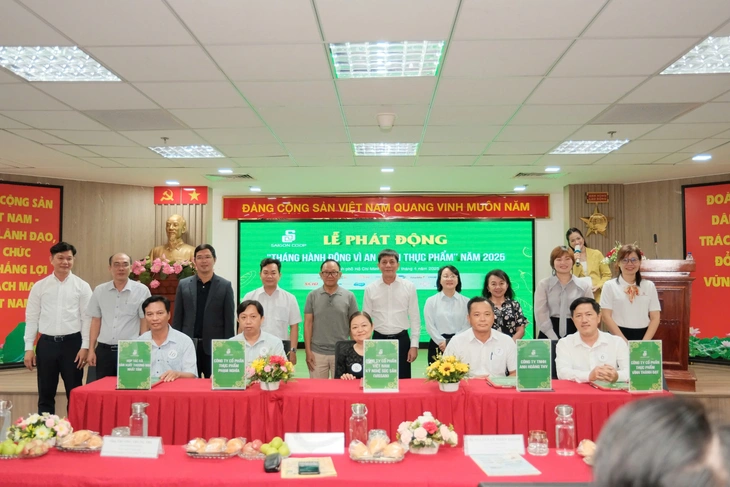






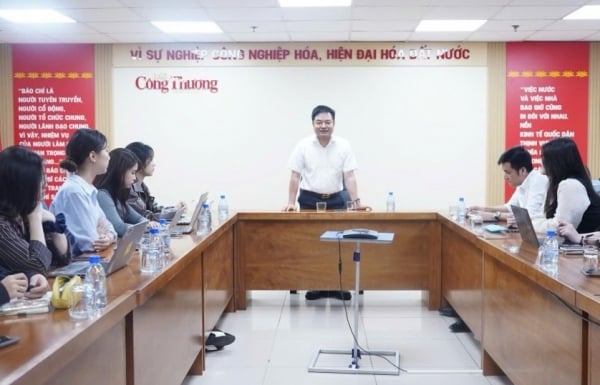
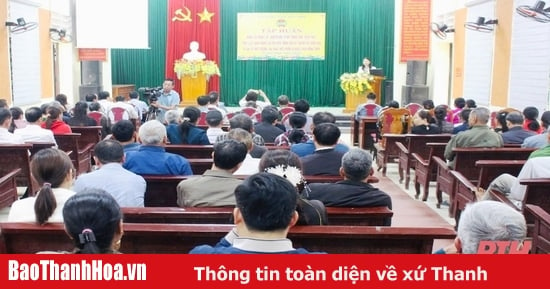










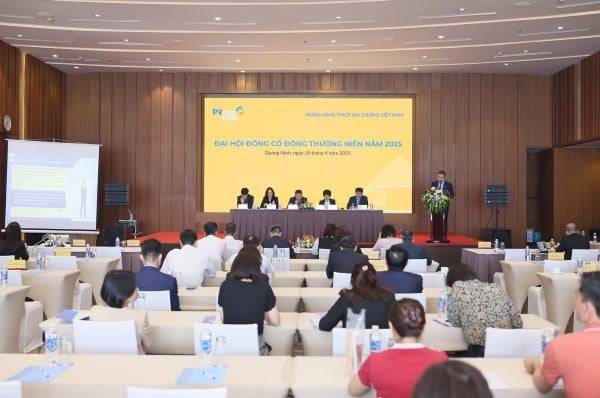

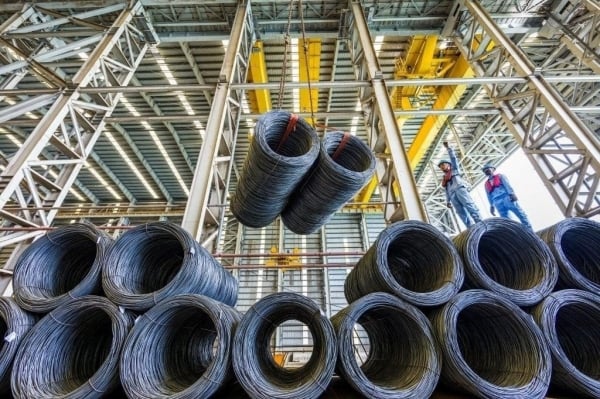

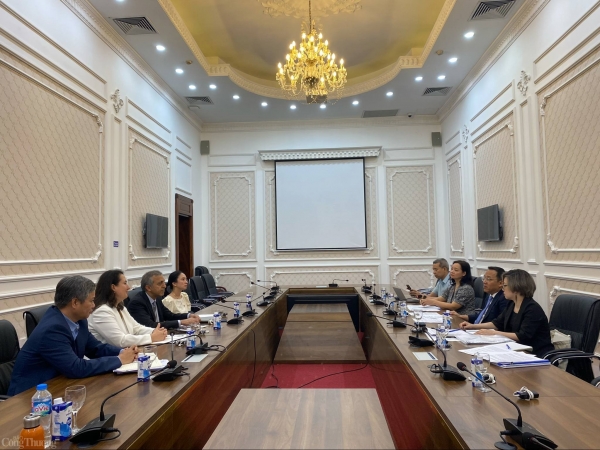











































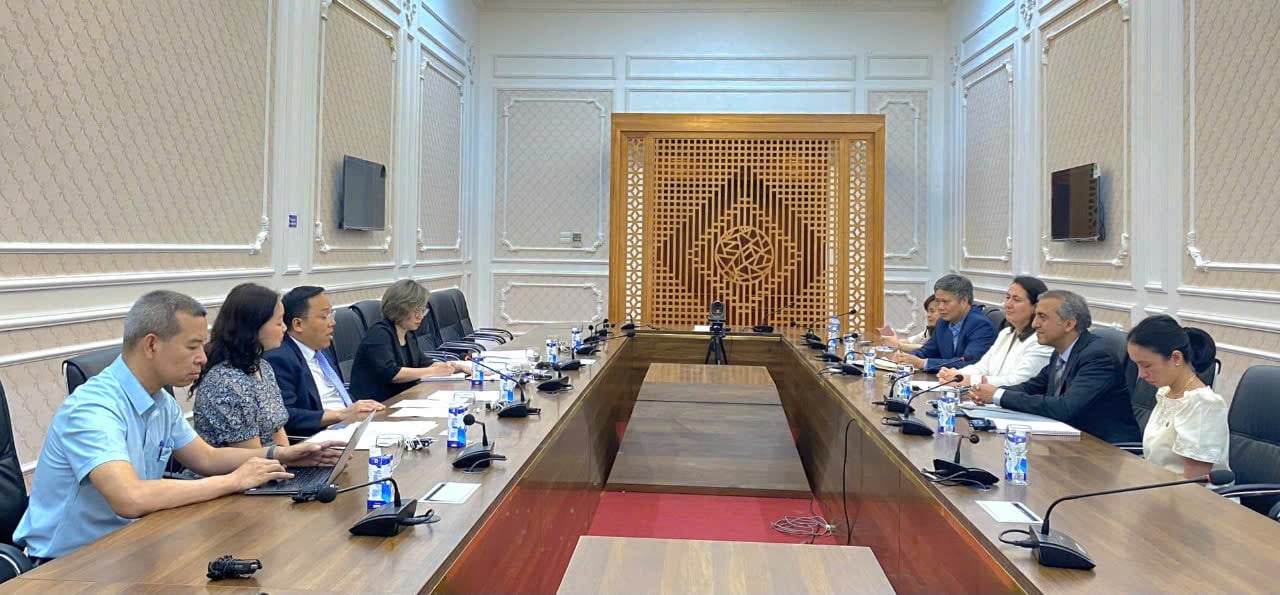


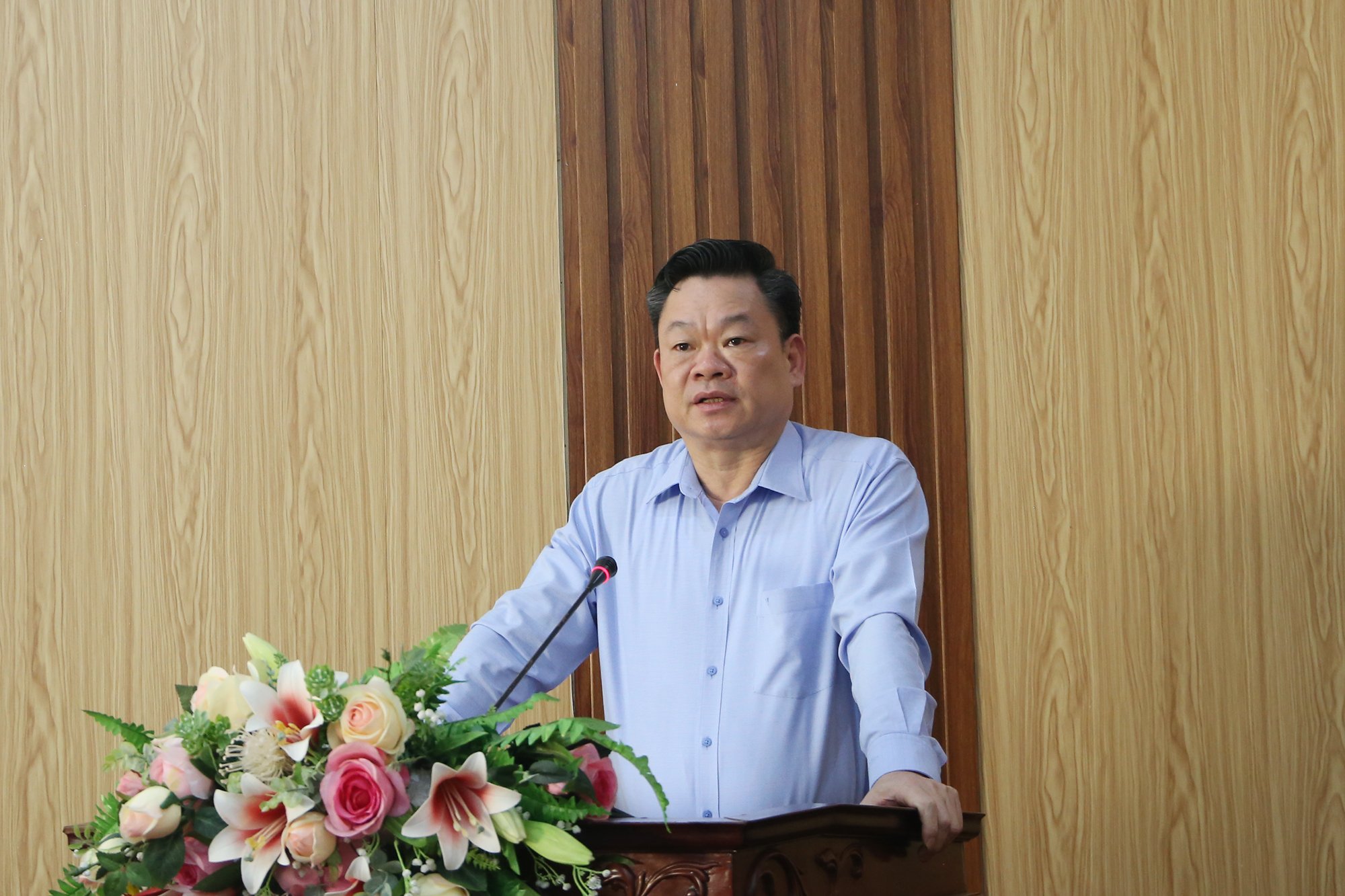

















Comment (0)